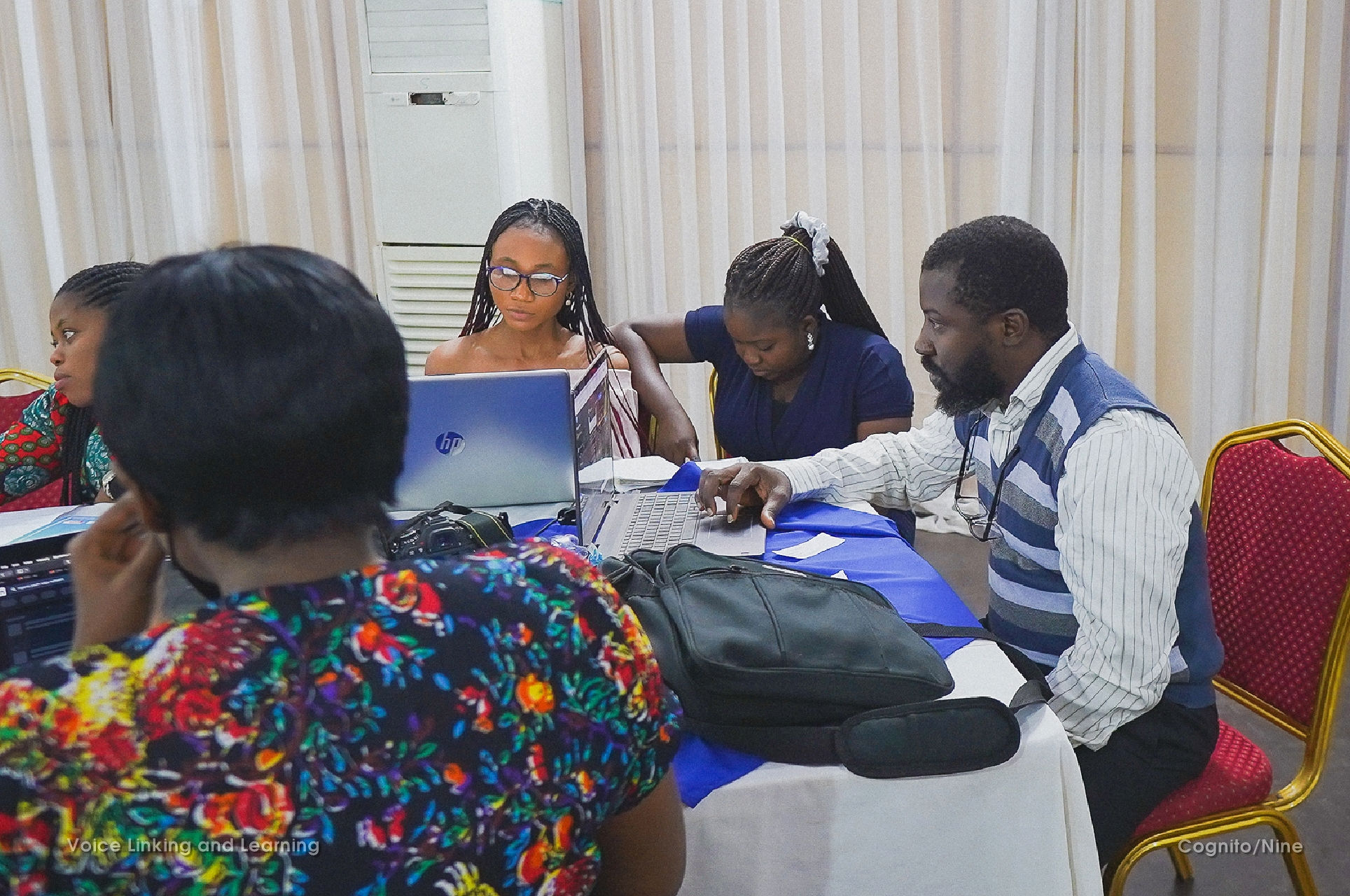
Rights of Inmates to vote - Pollrite 23
Recently, the Cognito/Nine team had a chat with CAPIO to take us through their experience implementing their current project, Pollrite 23 in Nigeria. The Pollrite 23 project, funded by Voice, is aimed at putting modalities in place for the 2023 Nigerian elections. This is against the backdrop of the High Court ruling in December 2014 which granted inmates the right to vote. This ruling was sustained by the Appeal Court in 2018. Unfortunately, this right is still being denied as modalities are yet to be put in place for this to happen in practical terms. In this reverberating interview which lasted for about 40 minutes, we go into the minds of two key Advocates from the Carmelite Prisoners’ Interests Organization (CAPIO) team on their current project in this highly entertaining interview that explores these realities. In response to the very first question ‘if you had superpowers, what would be the first thing you would change and why?', the vibrant Project Officer, Micheal C. Ukwuma, says he’d put real progressive minds in the responsible Government institutions especially the Nigerian Correctional Service (NCS) and the Independent National Electoral Commission (INEC) because he feels that realistically speaking, advocating for the rights of Inmates should not be a task that outside organizations should be advocating for. Rather, it should be in line with their proactive ability to respond to emerging realities while upholding the rights of all citizens. These sentiments were also echoed by the Project’s Communication Officer, Etorobong Inyang. She also said that she would want to change the set of people they are currently working with on the Pollrite 23 project, as she believes that bringing in a new set of open-minded people will bring about better outcomes and results. In terms of which policy actions can galvanize the needed change, Etoro pointed to the verdict given at the court judgment, which in her own words, ‘gave inmates the right to vote but also denied to them the right to vote. She buttressed her statement by saying that the court judgment placed the onus of inmates voting on the correctional facilities which may not have the institutional capacity to carry out this function. As a result, seeing as the power to allow inmates to vote has been given to the correctional facility and not INEC, who is constitutionally charged with the conduct of elections, INEC was also not inclined to spearhead the move for Inmates to vote so as not to ‘interfere’. This makes the situation quite dicy. Therefore, the respondents suggested that a specific Act or Policy that mandates INEC to ensure that Inmates are able to vote may take care of these misconceptions. One of the discussants also mentioned that although creating a new policy could have a better effect on the project, he has little or no vote of confidence that having a policy at this point will yield a sustainable effect, considering the perceived negligence of policy implementation in Nigeria. Talking about the breakthrough advocacy moments the project had experienced so far, the duo expressed excitement about CAPIO’s recent visit to Senator Abba Moro, who incidentally was a former Minister of Interior, the Ministry that supervises the Nigerian Correctional Service. The Senator had agreed with the need for inmates to vote, which was a great point for their project, as it would create more awareness and reveal its necessity to the stakeholders in the National Assembly. Senator Moro acceded to presenting the issue on the floor of the Senate for deliberation. At the moment, the motion has been raised but the Senate would require a buy-in period before further deliberations that would possibly lead to a bill being assented to. The CAPIO team shared that they had also made new allies within the system to help the Pollrite 23 cause, allies who have shared strategies on how to get both NCS and INEC to comply with the provisions of law and the rights of inmates to actually vote in the 2023 general elections. Even though similar meetings and conversations were held before the 2015 and 2019 general elections, they were hopeful that things might now turn around. When asked if there were roadblocks along the way and how the team was able to recalibrate their steps, Mike responded with the adage that, “when the birds learn to fly without stopping, the hunter will learn to shoot without missing”. This attests to the fact that within an advocacy project, it is not out of place to expect and encounter twists and turns along the path. Even with the stakeholders who are termed “hard nuts to crack”, they always found a way out of any sticky situation. At the end of the interview, we were also interested in how Pollrite 23 has shaped the interviewees and the personal change it has snowballed into their lives. For Mike, he had evolved into a rights-based nationalist who was angry at the inefficiencies of the current system. In his words, “you know, we’ve been doing this advocacy thing with CAPIO for like 8 years now, and we’ve achieved some really great results, but the more work we do, the more work we see that is yet to be done, and it can be frustrating, honestly”. However, he feels strongly that things have to get better for the next generation and is determined to keep putting in the work to achieve it. While Etoro has developed resilience and patience in dealing with stakeholders in the course of working on the project, skills she admits to not really having before now. In her words, “realizing the attitudes of both the Nigerian Correctional Service and INEC has and made to see all the wrongs in our system and the need for why we have to advocate for change and ensure that they occur” In their parting words, they wished to “thank Voice for creating the platform for this project to happen in the first place. No matter how great the ideas are, and how beautiful the impact will be, without necessary funding and resources, it will be difficult to make change happen”



Comments
No Comment available!